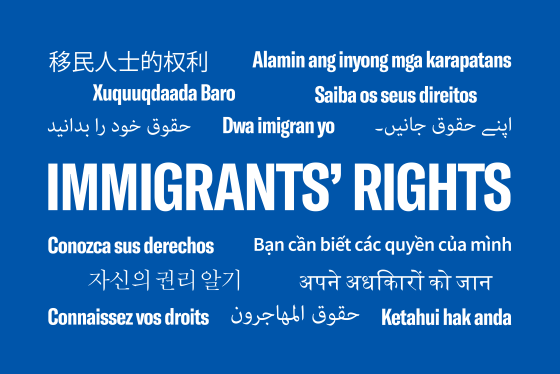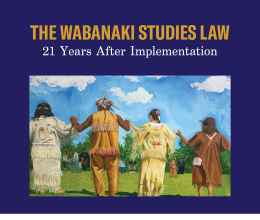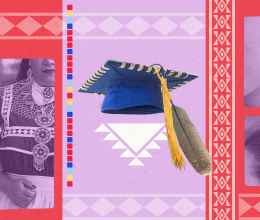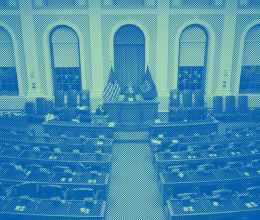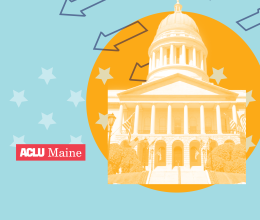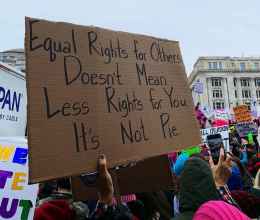
Schools and teachers need the necessary support and resources to teach students Wabanaki and African American studies.
As a state and country, we must learn the full context of the past and present so we can make informed decisions about the future. This includes understanding the colonization that led to the creation of the place we now call Maine, and the genocide, oppression, and attempted erasure of the Wabanaki. It also includes the role of many prominent Mainers in the slave trade, and the many contributions that Wabanaki and African American people have made and continue to make to this place that we all call home.
The Problem:
Maine passed a visionary law in 2001 mandating public schools teach students about the Wabanaki, and they built on that law in 2021 by adding African American studies – but this law has not been effectively implemented. Many students have graduated with little or no education about the Wabanaki Nations and African American history. Additionally, Wabanaki and African American students continue to be erased from their own home’s past and present.
The Department of Education, State Legislature, and individual school districts have an obligation to effectively implement the law, but educators and administrators do not have adequate support and resources to do so.
The Solution:
The State Legislature must pass LD 2001, as amended, with the first step being the establishment of an advisory commission on Wabanaki and African American studies, as well as funding for curriculum development and teacher training. This will give the Department of Education, school administrators, and teachers consistent and expert guidance to teach Wabanaki and African American studies, just as existing law demands.
Truthful education about our complete history improves outcomes for all students, regardless of race, ethnicity, or ancestry. For instance, students who identify as Black, Indigenous, or people of color are more connected to their studies when they are accurately represented in the coursework, leading to better educational outcomes and self-esteem. Other students are better prepared to grow into actively engaged citizens when they learn accurate information about the state’s past and present.
It is our responsibility to ensure current and future generations receive the highest quality education. That cannot be done without thorough and consistent teaching of Wabanaki and African American studies in all Maine schools.
Read more about Wabanaki studies and the implementation of the 2001 law in our report co-authored by the ACLU of Maine, Wabanaki Alliance, Abbe Museum, and Maine Indian Tribal-State Commission here.
Bill Movement:
This bill originated in 2023 during the First Regular Session of the 131st Legislature. It was not passed in 2023 and was carried over into 2024 to be considered during the Second Regular Session of the 131st Legislature.

